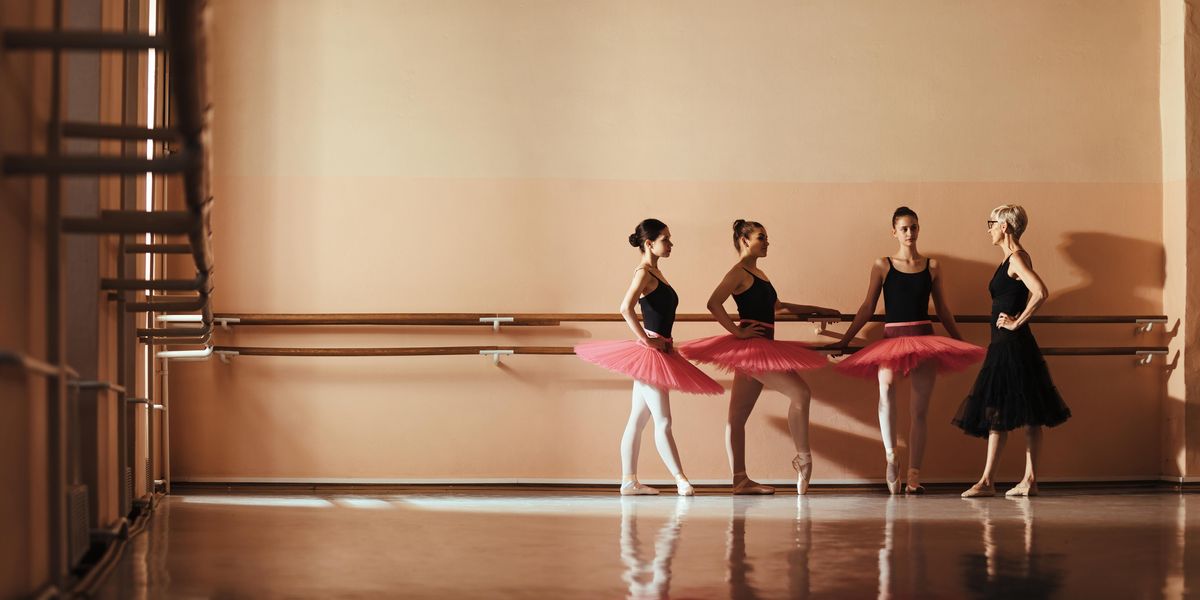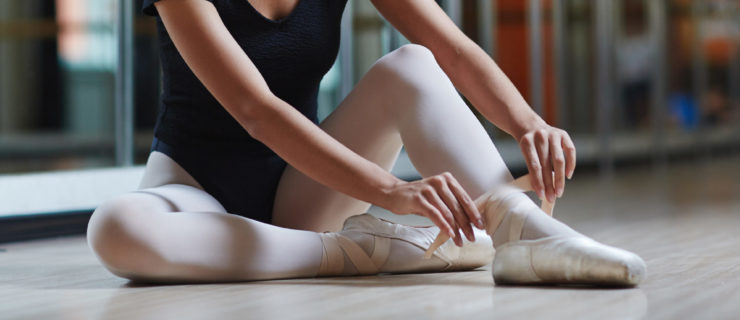Ask Amy: Why Does My Classmate's Success Feel Like My Failure?
I have a good friend in my ballet class. We’ve always been about the same level, but this year, she suddenly advanced to the top of the class while I’m left behind somewhere in the middle. My teacher praises her for almost every single exercise, and to see her getting all the attention really hurts. It’s not that I feel jealous or hate her, but more that I feel deflated. I read that you should use your emotions to push yourself to do better, or to watch her to see what I can learn from her, but that makes me feel terrible. It is affecting my dancing and self-esteem. Could you help? —Kelly
Oh, boy—I remember this feeling well. Your dance friendships are some of the strongest bonds you’ll ever make, but sometimes competitive and even jealous feelings get in the way. It’s a tricky balance when you have similar aspirations. I remember feeling resentment towards a friend who was getting a lot of attention at my old company. She was learning amazing roles while I was stuck doing corps parts. I’d watch her during class and feel like an inferior dancer. It took some time, but I learned to not take my frustrations out on her and to accept and appreciate our differences—for instance, she had really strong classical technique and a flexible back, while I had quick footwork and musicality. We’re still friends!
It’s perfectly normal to feel sad or angry about all the attention your friend is getting. And it’s okay to admit that you’re kind of jealous of her, too—it doesn’t make you a bad person. But dwelling on these emotions won’t help you move beyond them, and it may negatively affect your relationship.
One of my teachers used to say “Put your blinders on,” meaning use your class time to focus on your progress without getting distracted by everyone else’s. Leigh Skvarla, PhD, LPC, a Pittsburgh–based therapist and peak-performance consultant who works with dancers and athletes, calls this “controlling the controllable.” While you can’t control your friend’s talent, you can set some simple short- and long-term goals for yourself. For instance, perhaps today you can focus on squaring your hips in retiré, and work towards achieving a solid double or triple pirouette over the next few months. Try to see your dancing as a constantly evolving process, rather than set in stone. “Chances are that neither you nor your friend got significantly better overnight; it was a culmination of several small things,” says Skvarla.
Catch yourself next time you make comparisons to your classmate, and return your focus back on your work. When you start to feel defeated or overwhelmed in class, Skvarla suggests shifting your attention to the present moment. “Can you feel the barre? Are you breathing deeply? What music is playing?” she says. “While these simple grounding prompts won’t solve the inner dialogue in your head, they may help you to pause, allow you to be more mindful of what you’re doing in the moment and give you a sense of choice of how to rejoin and participate in class.”
Remember, too, that your friend’s success doesn’t equal your failure. You’re making small strides in class every day! “What would it mean if you were to accomplish your goals not for praise from others, but for yourself?” asks Skvarla. Sometimes, she says, you need to be your own cheerleader. Practice acknowledging what went right after each combination—regardless of whether it was “perfect” or if your teacher noticed. Next time you nail your balance or finish that tricky frappé combination without any flubs, recognize the hard work you put in to achieve it. By building yourself up this way, you’ll hopefully start to value what makes your dancing distinctive and not feel so deflated by your friend’s performance.

